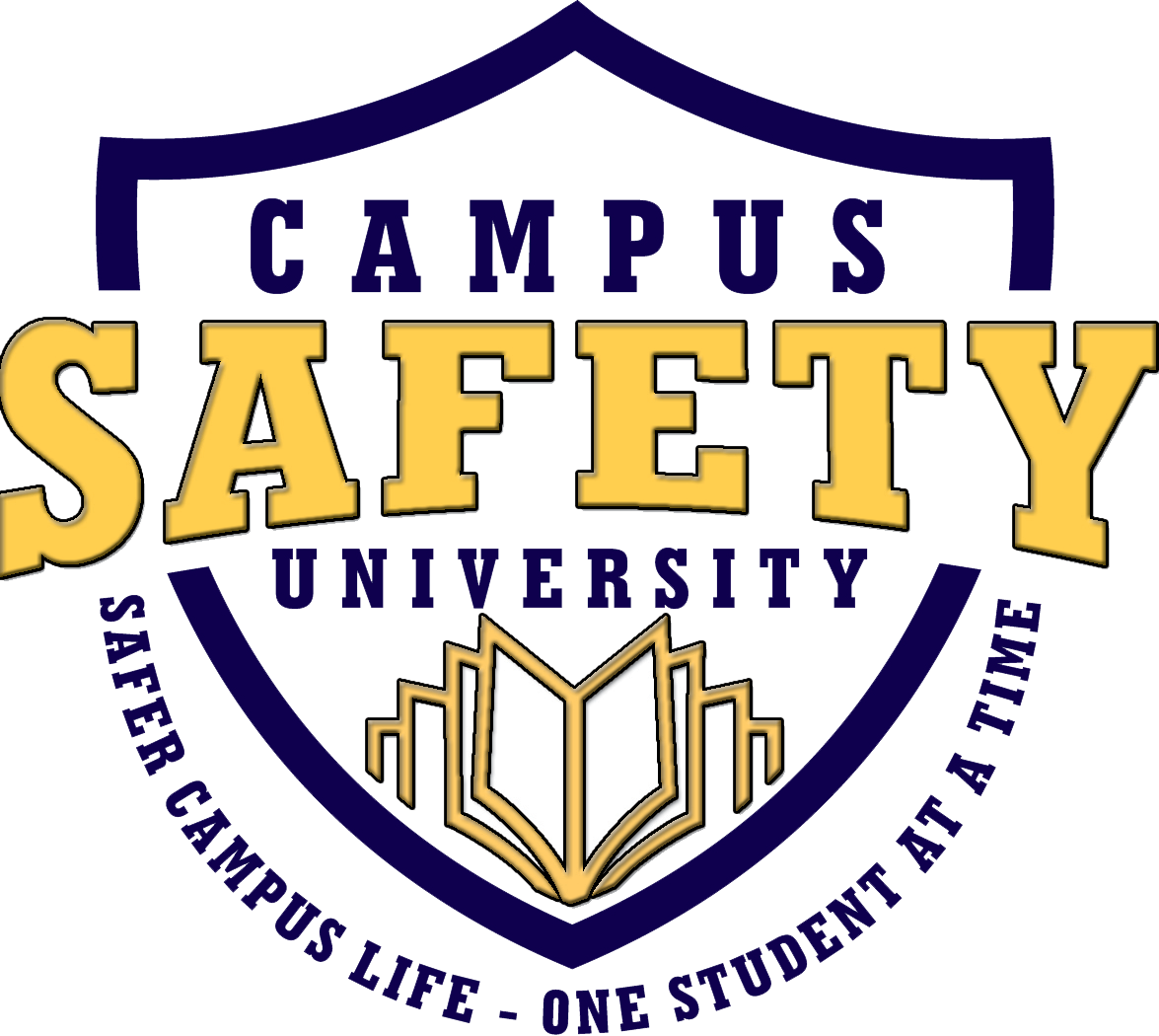CSU Blog
Sexual Harassment and Assault Prevention Tips & Action Steps
- March 15, 2018
- Posted by: pjc
- Category: Alcohol dating personal safety sexual assault sexual harassment violence

Sexual harassment has been a pervasive problem for a long time, but many people (both men and women) have chosen to stay silent in the past. Why?
- the majority of sexual assault victims are hesitant to report the attack for fear that they will be embarrassed, ridiculed, or simply not believed
- many victims somehow feel that they are somehow responsible, and when alcohol or drugs are involved, they may not remember everything
- as many as 20-25% of all women will experience some sort of sexual assault in their lives; it is higher outside of the US
- members of the LGBT community experience sexual harassment at a much higher rate than their heterosexual peers
Not only is it important for women to speak up and stand up, it is very important for MEN to speak out against sexual harassment. Men are seen as physically stronger, and so mobilizing men to speak out against the problem should get more people’s attention since men are typically viewed as the ones who are the abusers. Of course, both men and women can be victims.
Men need to take more responsibility for their actions and the actions of other men. Training and education about respecting women and understanding boundaries is a good first step in the education and awareness process to help combat sexual harassment and sexual assault. Some great resources are http://MenCanStopRape.org, http://www.usdoj.com/dea, the Rape, Abuse, and Incest National Network (www.rainn.org), and the Office on Women’s Health in the Department of Health and Human Services (www.womenshealth.gov).
Individuals can prevent sexual assault by being responsible – both the victims and the perpetrators. Alcohol and drugs play a HUGE part in sexual assaults, with as many as 73% of assailants and 55% of rape victims using one or both prior to the assault. Approximately 90% of rapes on college campuses involve alcohol. This is according to a study on campus rape that was published in the Journal of American College Health (http://www.acha.org/ACHA/Resources/Topics/Violence.aspx?WebsiteKey=03f1a0d5-4c58-4ff4-9b6b-764854022ac1).
Date rape drugs are another huge problem that contributes to sexual assault. There are basically four main date rape drugs that go by various names:
- Rohypnol (ruffies/rope/R-2/mind erasers)
- GHB, short for gamma hydroxybutyric (Easy Lay, Energy Drink, G, G-juice, liquid X)
- Ketamine (Black Hole, Bump, Jet, K, Special K, Purple)
- Ecstasy (MDMA, Molly, XTC, X, Love Drug, Adam, Clarity)
The potency of these drugs increases when mixed with alcohol, but they are all powerful and fast-acting even without alcohol. Most have no taste or order, making them nearly impossible to detect.
Physical self-defense is imperative for defending against any sort of assault – sexual or otherwise. When someone crosses the line or your personal boundary, you must act decisively and immediately with an effective response. You must know this and be mentally and physically prepared before the need arises. Self-defense classes are a good start, as are sexual assault workshops, or other physical training with a qualified instructor. You do not need years of training – you simply need the proper mindset and a few brutally effective techniques that anyone can learn in a minimal amount of time.
If you suspect you have been the victim of sexual assault, do the following:
- secure the room, call 9-1-1 and do NOT clean up in any way – no washing hands, face, brushing teeth, etc. A forensics team will not want anything disturbed.
- try not to go to the bathroom at all possible; if you have to urinate, preserve it in a closed container and bring with you to be tested for the presence of any date rape drugs or other fluids; some drugs such as GHB are out of your system within 12 hours!
- report as many details as possible and be honest, even if you were drink or doing drugs; nothing justifies being raped or assaulted
- seek post-traumatic care from a counselor or mental health professional or call the National Sexual Assault Hotline at 800-656-4673
Remember, it is never OK for someone to force themselves on you or make you feel uncomfortable!
Stay safe!
